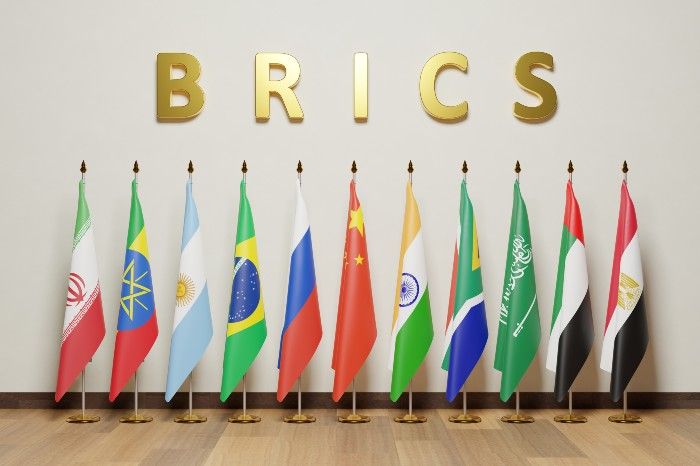BRICS moves towards barrier-free market for biosimilars to boost access to affordable treatments

The BRICS countries are making significant strides towards establishing a regulatory framework aimed at removing barriers to biologic and biosimilar medicines.
This initiative, supported by the BRICS Pharmaceutical Market Competition Working Group, has the potential to revolutionize access to advanced treatments across the member nations.
Biologic drugs, derived from living cells using advanced biotechnology, can treat some of the most severe and rare diseases.
However, their exorbitant cost—often exceeding $3 million per dose—presents a major challenge, particularly for developing countries.
In response, the BRICS nations are focusing on increasing access to these critical medicines, which are currently out of reach for many due to their prohibitive prices.
Biosimilars, the generic versions of biologic drugs, provide a more affordable alternative, with costs reduced by 70 to 90 percent while maintaining comparable efficacy.
Experts predict that the global biosimilars market could reach a value of $100 billion by 2030, making it a key area of focus for the BRICS countries.
During the release of the first results from its annual study, the BRICS Centre for Law and Competition Policy, based at HSE University, emphasized the urgent need to dismantle regulatory barriers within the pharmaceutical sector.
Alexey Ivanov, the Centre’s director, stressed that while legal and regulatory standards are essential for ensuring safety and efficacy, they should not be misused for protectionist purposes.
“The goal is not to create a single market but to foster healthy competition by removing unreasonable obstacles,” Ivanov said.
This approach aims to include bilateral and multilateral projects designed to lower production costs and harmonize standards without compromising quality.
India, already a dominant player in the biosimilars market with 90 registered products compared to 45 in the United States, is expected to be the first country to implement a pilot project for the new initiative.
Samir Kulkarni, a professor at the Mumbai Institute of Chemical Technology, noted that this BRICS collaboration could lead to cost reductions of over 90 percent for certain products, such as filgrastim and teriparatide.
The competition authorities of the BRICS nations will play a pivotal role in developing an inclusive and innovative market.
A forthcoming sectoral study, to be presented at the BRICS meeting in Kazan in March 2025, will lay the foundation for this regulatory transformation.
About The Author
dailymailafric
I am an avid African news observer, and an active member of Daily Mail Africa.
I’m Passionate about staying informed on diverse topics across the continent,
I actively contribute to publishing on political, economic and cultural developments in Africa.



